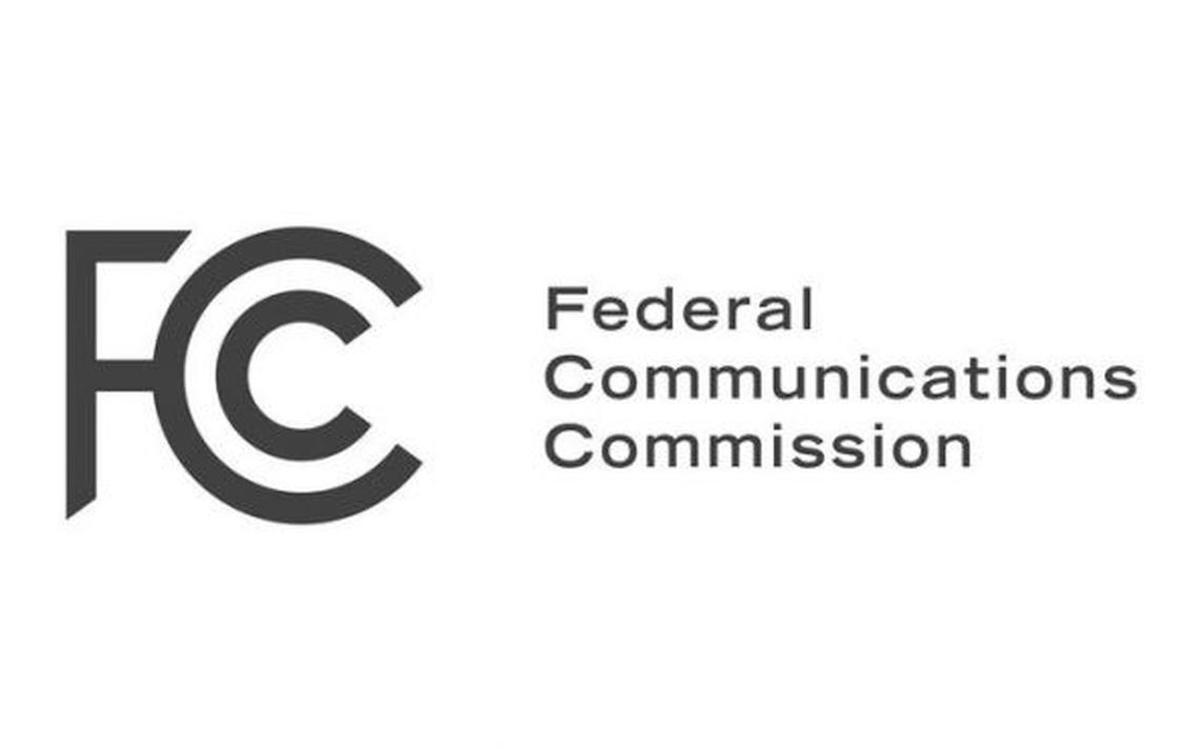The FCC is considering changing the definition of what actually is broadband internet. A proposal submitted by Chairwoman Jessica Rosenworcel sets a new standard of 100 megabits per second as the new minimum standard for download speeds and 20Mbps for upload speeds.
The current standard to qualify as broadband internet is 25Mbps download and 3Mbps upload speeds. The announcement by the FCC on July 25 states speed requirements haven’t been reevaluated since 2015.
The proposed change isn’t just for academic purposes. By changing the definition and upping the standard for broadband, Rosenworcel is hoping to push internet service providers to up their speeds for customers. If the change goes through, companies wouldn’t be able to call their service broadband if it fails to meet that threshold.
The move comes amid a renewed appreciation for the value of broadband service, which became a must-have during the pandemic and the lockdown, but continues to be critical in our increasingly digital lives.
Rosenworcel’s proposal also outlines plans to eventually increase the national goal to 1Gbps for download speeds and 500Mbps for upload speeds.
When asked for additional comment, a spokesperson for the FCC said, “This is a proposal made by the Chairwoman for consideration/vote by the full commission. While under consideration, the draft is not publicly released so at this point we’ll let the press release speak for itself.”
This is part of a broader initiative to connect all Americans with broadband, a goal held by every FCC that continues to face obstacles, particularly in sparsely populated rural areas and with low-income households in metro regions.
The government is helping to close the digital divide with additional funding.
Last month, President Joe Biden pledged to invest $42.45 billion to upgrade and expand broadband throughout the country, including Puerto Rico, the U.S. Virgin Islands, Guam, American Samoa, and the Commonwealth of the Northern Mariana Islands.
“It’s the biggest investment in high-speed internet ever… for today’s economy to work for everyone, internet access is just as important as electricity or water or other basic services,” Biden said.
The funds are provided through the Broadband Equity, Access, and Deployment (BEAD) program, funded by the $1.2 trillion Infrastructure Law. Every state will receive a minimum of $107 million. Nineteen states will receive upwards of $1 billion.
A full list of the funding each state was awarded was announced on June 26th. Each state will decide for itself how to distribute BEAD funding, be it investing in schools, companies, and infrastructure.
As for the FCC proposal, it’s unclear if it’ll pass since the agency is still being overseen by four commissioners – one short of the usual – and often deadlocked 2 to 2 by party lines.

